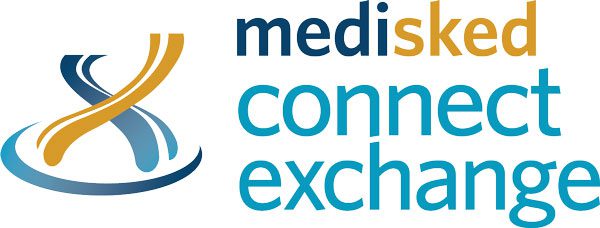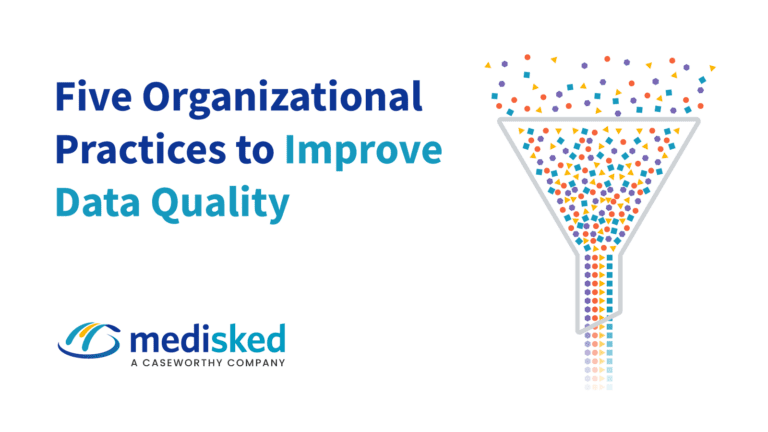As the human services industry continues to move towards managed care, integrated care management, and value-based payments, it is more important than ever to implement quality improvement and measurement technologies to ensure you are providing high-quality, outcome-based services.
Implementing technology solutions in your organization streamlines processes and allows for the collection of actionable data that can be used to identify trends for health and goals to improve quality of life for the individuals you support or care you manage. Having the ability to collect data electronically can improve clinical and population health outcomes, increase transparency and efficiency, and empower individuals.
However, we understand that implementation is a substantial commitment. When organizations begin to think about a switch from a paper-based system to software (or from a familiar to a new system) there are many concerns that come to mind. MediSked has been implementing technology with agencies for over 15 years and during that time we’ve collected best practices from our clients to address the most common worries.
Common Concern: Employees may not have the proper fluency and experience with technology.
Best Practice: One of our partners in Maine was worried about their staff’s limited skill level with navigating computers and the internet. The agency conducted a survey of their own employees to assess their level of comfort with technology. They then enrolled the employees who needed the most assistance to a local, day-long IT course to develop fluency with the basic tasks associated with using a computer. Once the staff were comfortable with using computers, their internal training on MediSked went smoothly, allowing the agency to drive efficiencies and increase productivity to ultimately improve the lives of the individuals they support. Additionally, this investment in their employees helped to build their professional development with new skills that could employ while on the job and in their daily lives.
Common Concern: Internal staff anxiety or panic for the divergence from what they currently know.
Best Practice: One of our New York partners wanted to prevent any internal alarm from spreading through the rumor mill. The agency held a general information session about the project plan and timeline to offer transparency into the process and give staff the opportunity to ask questions, address concerns, and share feedback. “It’s a matter of getting information out to people as people are afraid of things they don’t know. The more they know the less scared they’ll be about the process. To relieve that natural anxiety about a big transition like this has been effective.” Spreading internal awareness can be as simple as creating a slideshow and holding a one-hour meeting, with a huge positive impact on your team.
Common Concern: There could be difficulty with staff training and acclimation to new processes.
Best Practice: Effective training is the key to a successful implementation and is needed to truly reap the full benefits of any platform. MediSked’s implementation team works with clients to develop technical training, but many of our clients are inspired to update their internal training as well. As your agency moves through the implementation process, you look at your procedures and establish workflows that will create efficiencies within your organization. This evaluation often leads to new employee training as you can determine better ways to organize your procedures. One of our clients changed the training for their plan writers to bring together staff from other service areas in the same room. This improved their plan writing, broken down internal silos, and created more continuity across the service delivery system. With their new training processes, “things are happening more organically – more conversation, more cross-program collaboration, and more consistency across programs.”
By nature, change can be difficult, but intentional planning is vital to ensuring a technology transition happens with as few bumps as possible. If you’re interested in learning more insights and best practices in the world of human services technology, request a personalized demo from one of our solutions experts.







